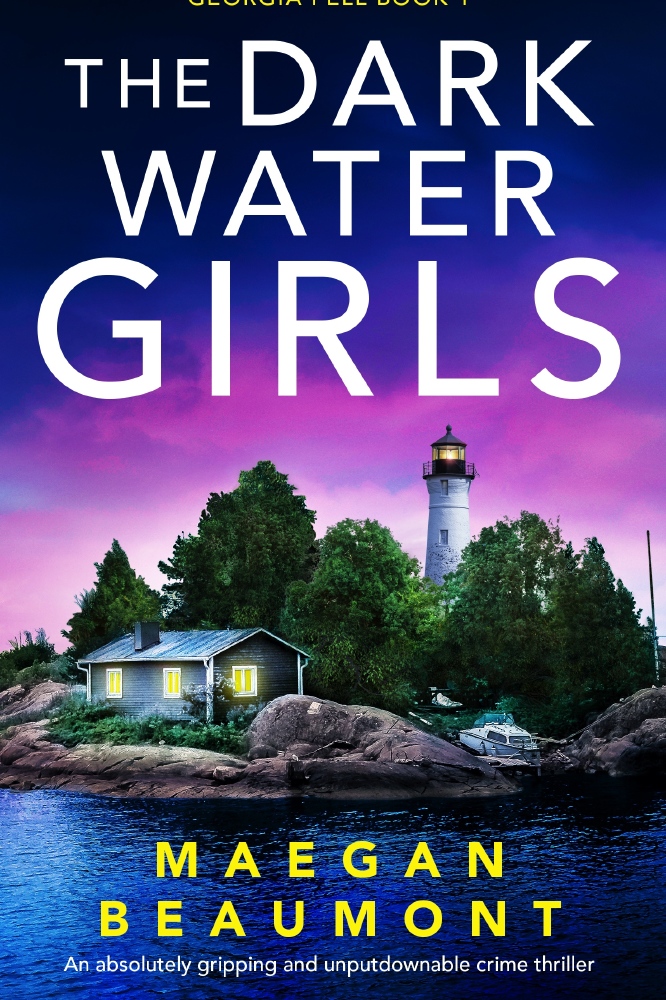Let’s be honest.
The apocalypse has been pending for a while now. Let’s take a look at how these movies got it right. Or horribly, horribly wrong…

I’m not one for scary movies (it’s the anticipation for me. I’m like a fainting goat.) but this one makes the cut. In 28 Days Later, we see a group of activists unknowingly unleash a bunch of monkeys infected with a genetically altered strain of human emotion called RAGE. Crazy, angry monkeys bite humans, turning them into crazy, angry people who bite other people. Interesting that in trying to dull the human experience, those asshats actually manage to mess things up even more.
Moral of the story: If it ain’t broke, don’t try to fix it.
Just don’t.
Armageddon gives us an asteroid the size of Texas, Bruce Willis, and a $300 ice cream scoop. This movie was all about the cinematography (Michael Bay films are marked by their stirring images of Americana) and the fact that Bruce Willis dies in order to save humanity. I’ve seen this movie a hundred times and I still cry like a baby when Liv Tyler realizes her father isn’t coming home—and I’m not even sorry about it.
Moral of the story: Promises are made to be broken.
2012… we all knew it was a hoax, right? This movie gave us a huge cluster-F of natural disasters. Earthquakes. Fires. Super storms. Tsunamis… John Cusack fights his way through all of it to save his ex-wife and their two children from certain death. We come to find out that the government knew it was going to happen all along and contracted the Chinese to build HUGE ships to ensure the survival of the species… but only those who can afford it are guaranteed passage.
Moral of the story: The Mayans were wrong, bitches! We’re still here!
Very loosely based on the 1992 PD James novel, Children of Men gives us nearly 20-years of human infertility, a world on the brink of collapse and Clive Owen as the cynical, hard-drinking escort to the only woman to become pregnant in over 18 years. This movie paints a bleak picture—police states, civil war, and refugee camps while a disaffected government and a hopeless public fight each other for their own versions of humanity.
Moral of the story: Whitney was right. Children really are the future.
The day After Tomorrow… Dennis Quaid as a Climatologist warns the government of the catastrophic effects of global warming and the resulting 2nd Ice Age cometh. Jake Gyllenhaal plays his dutiful son who holes up in the New York City Library and burns books to keep warn while he awaits his rescue. There is a fantastic scene where two intellectuals are arguing over the merits of burning Neichze while a third man quietly points out that there’s an entire section of tax law that is just begging to be torched.
Moral of the story: Taxation is theft.
Based on a 1954 short novel by Richard Matheson. I Am Legend is one of those rare movies I actually like more than the book. In the novel, Matheson paints a bleak picture where Neville is the lone survivor of a pandemic that sweeps across the planet, turning everyone else into vampire-like creatures. When finally captured, Neville is executed for trying to cure everyone and because as the last uninfected, he has become the disease. The movie moves along the same lines, but Neville finds a cure and sacrifices himself to ensure that it reaches the last outpost of civilization and in effect, saves humanity. Will Smith is half a nutter in this movie from years of isolation and I cried like a baby when he had to kill his dog—but I always cry when the dog buys it so it doesn’t count.
Moral of the story: Never trust a mannequin named Fred.
My Favorite Mad Max movie is Thunder Dome (yes, it is because of Tina Turner) but the film that kicks off the franchise is a close second. Mad Max gives us a look at what will happen in Australia if the world ever runs out of oil. Crazed motorcycle gangs will rule the highways, raping and killing for fuel. Policemen will turn vigilante and kangaroos will become extinct (it must be true because I didn’t see any in the movie).
Moral of the Story: Never piss off a guy named Max.
I loved this movie as a kid… and that’s pretty much the only reason it’s here. Night of the Comet is my +1—a campy B-flick about how the tail end of a comet passes over earth and turns nearly everyone to dust… and those who survive into flesh eating zombies (like there’s any other kind). Two sisters survive, each having inadvertently been shielded from the effects of the comet by spending the night in steel-lined structures, and are left to fend off said zombies, a government clean-up and a whack-a-doo scientist while lamenting over the death of so many cute boys!
Moral of the story: When given the option, always opt for MMA over piano classes—a roundhouse kick is so much more helpful during the apocalypse than knowing how to play Heart and Soul.
Okay—confession time: this movie scared the shit out of me. The Happening starts when a bunch of people start randomly and violently killing themselves—and each other—for seemingly no reason at all. Mark Walberg plays a high school science teacher who figures out that the trees are trying to kill us. The. Trees. Are. Trying. To. Kill. Us.
I looked it up and M. Night Shyamalan’s screenplay is based on scientific evidence that supports the theory that trees can communicate with each other and that they are capable of releasing a nerve toxin that can make us all crazy when they finally decide they’ve had enough of our bullshit.
Moral of the story: Recycle. Please.
In World War Z, based on the 2006 novel by Max Brooks, we see Jerry, a retired UN investigator jump back into the fray after a mystery pandemic sparks a world-wide zombie apocalypse—and these aren’t your typical, slow-as-eff TWD zombies—these mothers are fast. In a race against time, and all those track-star zombies, Jerry—accompanied by a badass Israeli soldier who’d rather chop off her hand than go full-tilt braineater—must utilize his particular set of skills to trace the virus back to its source in order to find a cure and save mankind.
Moral of the story: Zombies love Pepsi and loud noises, so jot that down.
The good news is, in The Road all of those homicidal trees are dead. The bad news is, so is everything else. Based on the 2006 novel by Cormac McCarthy, we’re given yet another bleak, horrible look at post-apocalyptic life. Early on, we see Mother give birth at home, aided by her husband, shortly after some sort of cataclysmic event causes society to implode and destroys life as we know it. Mother, driven mad with despair, commits suicide—leaving Man to take care of Boy on his own. Shortly after, Man and Boy hit the road… and are set upon by cannibals… and more cannibals… and more—well, you get the picture. Man dies in the end and leaves boy alone. Boy is found by Family who has been following Man and Boy for a while because they were worried about Boy and the fact that every time shit went sideways (which is every 5 minutes), Man’s solution was to kill Boy and them himself, but could never seem to pull it off.
Moral of the story: Buy bullets in bulk.

Maegan Beaumont is the author of the award-winning Sabrina Vaughn thriller series. Her latest novel, ‘The Darkwater Girls’ is out now.

